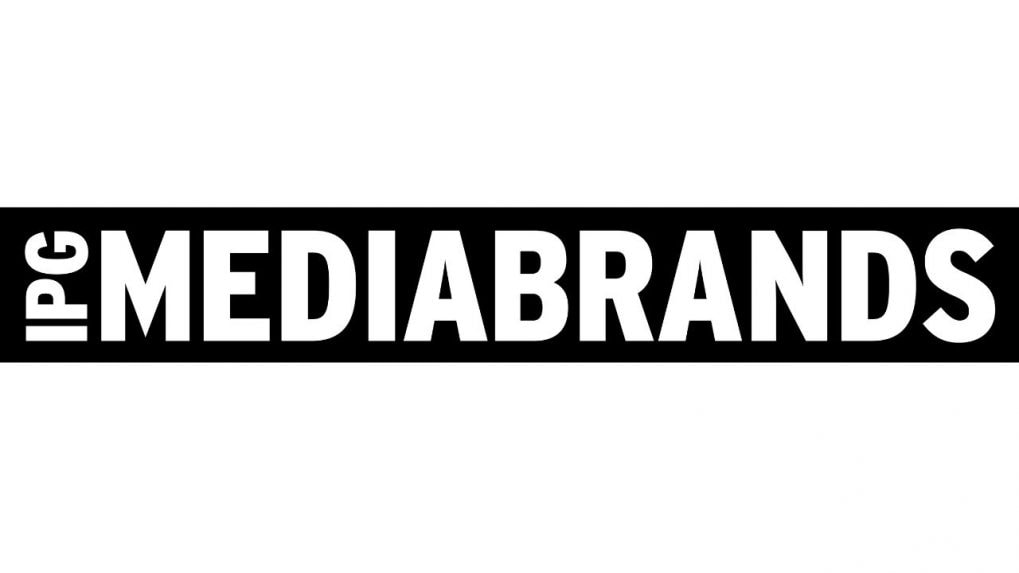Gaming
From Valsad to SC: Justice Pardiwala holds fate of $3 billion gaming industry, 2 lakh jobs

An official document linked to alleged media cartelization probe has revealed a significant discrepancy in the way India’s competition watchdog, the Competition Commission of India (CCI), has legally identified media agencies. The records repeatedly refer to the agency as “IPG Mediabrands India”, whereas the correct legal entity is Mediabrands India Private Limited.
This error is not just clerical but has had material implications. The misnaming highlights what insiders describe as a “pattern of ambiguity” in CCI’s investigation, which has led to unavoidable confusion among the companies under scrutiny.
The peition filed by TLG India Private Limited against CCI in Delhi High Court also highlights, "Based on the limited availability of documents with the Petitioner and to the best of our knowledge we understand that “IPG Media Brands India” also does not refer to any specific legal entity registered in India."
The flaws of CCI is not limited to IPG Mediabrands. French advertising giant Publicis Groupe’s Indian arm, TLG India Private Limited, has moved the Delhi High Court, challenging the CCI’s probe on similar grounds.
According to the petition (reviewed by Storyboard18), the proceedings were wrongly initiated against “Publicis Groupe”—a brand name and trademark—rather than any recognized legal entity. The company argued that “Publicis Groupe” is neither a juristic person nor an “enterprise” as defined under Section 2(h) of the Competition Act, 2002, and therefore cannot be subjected to investigation.
Publicis maintains that TLG India Private Limited is the appropriate legal entity to be named as the opposite party in the case. However, despite this clarification, CCI’s investigative arm, the Director General (DG), issued a summons to Anupriya Acharya, who holds the internal designation of CEO, Publicis Groupe South Asia. Publicis clarified that “Publicis Groupe South Asia” does not exist as a registered company; it is merely a corporate title for regional leadership.
The petition emphasized that “Publicis Groupe” is a commercial tradename, commonly used to describe the corporate group globally, but it does not correspond to any incorporated entity in India or France.
By contrast, rival groups named in the same Suo Motu case—such as WPP (through GroupM Media Pvt Ltd), Omnicom (through Omnicom Media Group India Pvt Ltd), Havas (through Havas Worldwide India Pvt Ltd), and Dentsu (through Dentsu Aegis Network India Pvt Ltd)—were all identified with precise, legally recognized Indian entities.
This unequal treatment, Publicis argues, undermines the legitimacy of the CCI’s actions. Any investigation initiated against a non-entity, the petition says, is “not valid in law.”
The petition comes in the backdrop of a sweeping CCI probe launched in March 2025 into suspected price-fixing and collusion among major ad agencies on publicity rates and discounts. The investigation followed dawn raids on leading advertising groups including Publicis, WPP’s GroupM, Dentsu, Omnicom, Havas, Madison, IPG, and also extended to industry bodies such as the Advertising Agencies Association of India (AAAI), the Indian Society of Advertisers (ISA), and the Indian Broadcasting and Digital Foundation (IBDF).
The procedural lapses in naming both IPG and Publicis have raised larger concerns within India’s advertising and media industry. Legal executives point out that inaccuracies in identifying parties can not only derail legal proceedings but also erode confidence in regulatory actions.
The court has listed the matter for the next hearing on October 9, 2025, and also ordered that a copy of the prima facie opinion passed by the regulator in Suo Motu Case No. 2 of 2024 be produced on the next date. The case pertains to alleged media cartelization and price fixing.
Big-ticket buying decisions now demand more than just logic and product specs – they require trust, emotional connection, and brand stories that resonate.
Read MoreThe Online Gaming Bill 2025 imposes severe penalties, allows warrantless search and seizure, and empowers a central authority to regulate the digital gaming ecosystem. It is expected to disrupt platforms, payment systems, and advertising in the sector. Here's all you need to know about the bill.